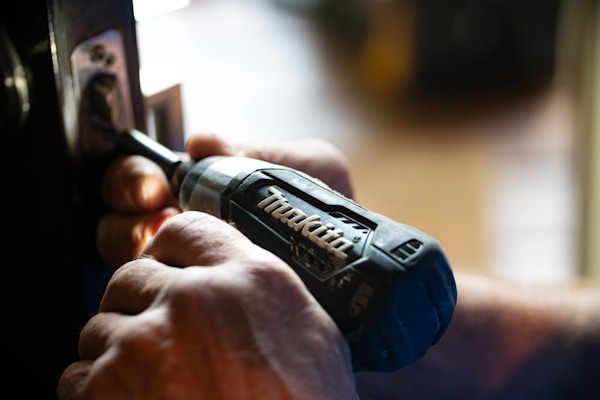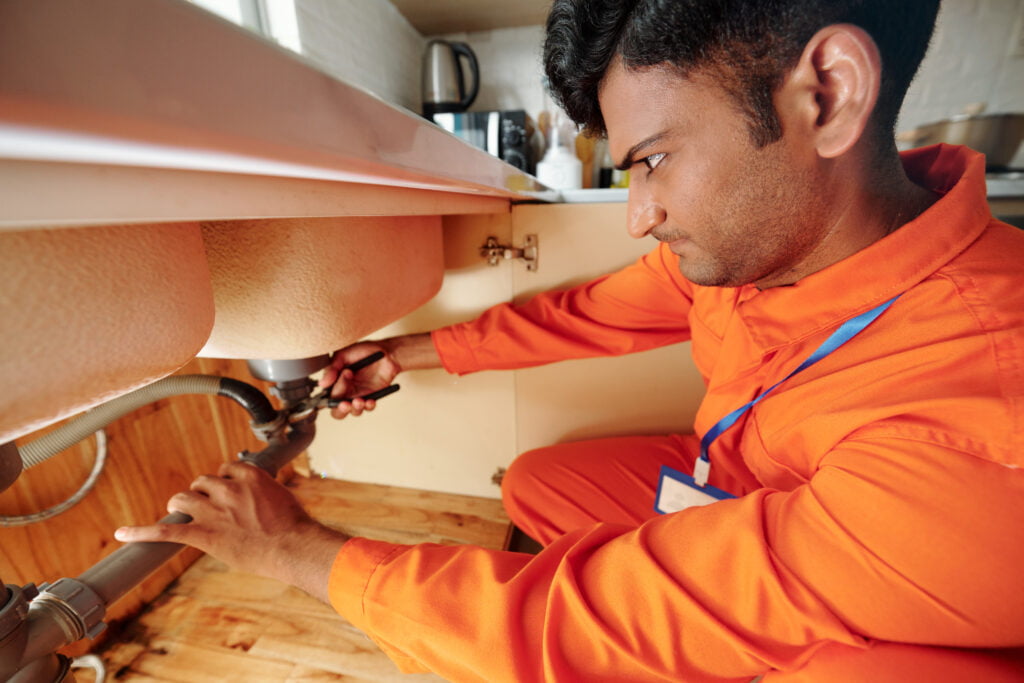As a homeowner, you have probably invested a significant amount of money in your new home. However, owning a home also comes with many responsibilities, including regular maintenance and repairs. Unfortunately, unexpected breakdowns or damages can happen, and the last thing you want to worry about is the unexpected costs associated with repairing or replacing important items in your home. This is where a home warranty can come in handy. Many homeowners don’t know about the advantages of a home warranty policy, but you should take the time to inform yourself. If you want to learn more, keep reading for a basic guide to home warranty coverage.
What do you need to know about home warranty coverage?

One of the many benefits of home warranties is the fact that they save you money. That means that you’ll have more funds available when you need to take on home improvement projects that aren’t covered. Different policies have different levels of coverage, but it is uncommon to find policies that cover all types of roof replacement. Considering the cost to replace a roof in Virginia, it can be useful to have some extra liquidity when hiring a roofing contractor. Remember, your roof plays a vital role in your household’s safety and comfort. Neglecting it can lead to a range of problems, and these issues only compound over time.
Home warranties provide coverage in many situations, but it’s crucial to look at the details of your policy. Generally, it’s simple to find a home warranty that covers appliances, but there are many policies to choose from so you can find one that meets your specific needs. Coverage usually includes the essential parts of a home, such as electrical, plumbing, and HVAC systems, as well as major appliances like refrigerators, dishwashers, and ovens. These plans are designed to protect homeowners against the unpredictable expenses caused by the breakdown of home systems and appliances due to normal wear and tear.
It’s crucial to understand that a home warranty is different from homeowners insurance. Homeowners insurance typically protects property owners against damage caused by natural disasters, theft, or accidental damages, while a home warranty covers repairs and replacements of home systems and appliances that have stopped functioning during the course of regular use.
How else can you protect your home?

Once you own a new home, you need to prioritize its safety and security. A home warranty is a good place to start, but there’s more that you can do. For example, updating your insulation is a smart way to protect your home from external elements that could cause damage or discomfort. Insulation is a material that regulates the temperature inside the home, keeping it warm during winter and cool during summer. Over time, insulation can become less effective. This can result in energy loss, leading to higher utility bills and reduced comfort levels.
It’s no secret that the air we breathe can have an impact on our health, and this is particularly true when it comes to the air inside our homes. With the increasing amount of time we spend inside our homes, it’s more necessary now than ever to take steps to protect our indoor air quality. Indoor air pollutants can come from many sources and these pollutants can cause a range of health problems, from allergies and asthma to more serious respiratory issues. Your best bet for improving your air quality is to invest in a high-quality air purifier.
As you can see, a home warranty can be a valuable asset for homeowners, providing financial protection and peace of mind against unexpected repair costs. By comparing coverage options and understanding the benefits and limitations, homeowners can make an informed decision when selecting the right home warranty for their needs. Some other steps you can take to protect your home and save money include updating your insulation and protecting your indoor air quality. Follow the tips in this blog and you can keep your home in excellent condition for years to come.




